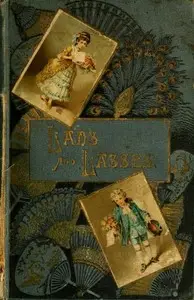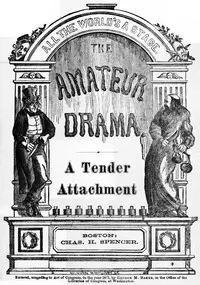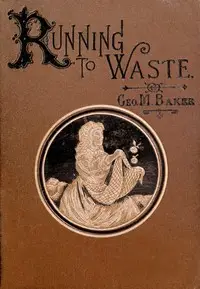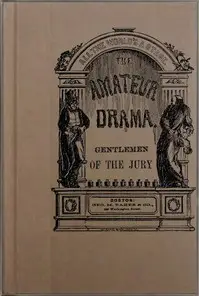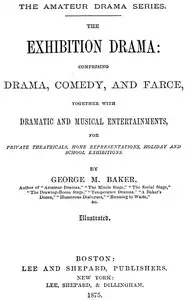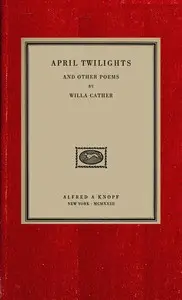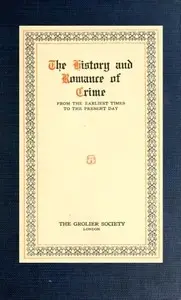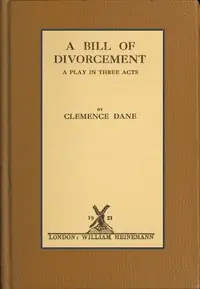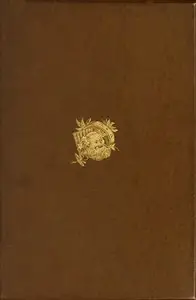"The Merry Christmas of the Old Woman who Lived in a Shoe" by George M. Baker is a holiday-themed play likely written in the late 19th century. This musical piece is intended for performance, featuring a whimsical story that revolves around the old woman and her numerous children, tackling themes of generosity and the spirit of Christmas. It draws upon familiar nursery rhyme elements, making it particularly appealing for family audiences and children. In this delightful play, the old woman struggles with poverty while caring for her many children, yearning to provide them with a memorable Christmas. Just as she despairs over her inability to afford gifts, Santa Claus, disguised as a beggar, appears at her doorstep. The children, unaware of his true identity, offer him their meager food in a show of kindness. Moved by their generosity, Santa reveals himself and rewards the children with a magical Christmas tree and presents, emphasizing the virtues of compassion and the joy of giving. This heartwarming tale captures the essence of the holiday season, highlighting that true wealth lies not in material possessions but in the warmth of love and kindness. (This is an automatically generated summary.)
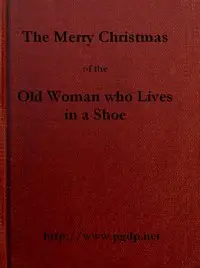
The Merry Christmas of the Old Woman who Lived in a Shoe
By George M. (George Melville) Baker
"The Merry Christmas of the Old Woman who Lived in a Shoe" by George M. Baker is a holiday-themed play likely written in the late 19th century. This m...
George Melville Baker (1832–1890) was a playwright and publisher in Boston, Massachusetts, in the 19th century. He worked for Lee & Shepard publishers, then opened his own imprint. "George M. Baker & Co." issued works by authors such as Henry M. Baker, F.E. Chase, and Herbert Pelham Curtis. Baker's company ceased in 1885, succeeded by his brother's "Walter H. Baker & Co." George Baker also performed with comedian Henry C. Barnabee, appearing in "lyceum entertainments" in New England. He belonged to the Mercantile Library Association. He married Emily Bowles in 1858; children included novelist Emilie Loring, playwright Rachel Baker Gale, and screenwriter Robert Melville Baker.

